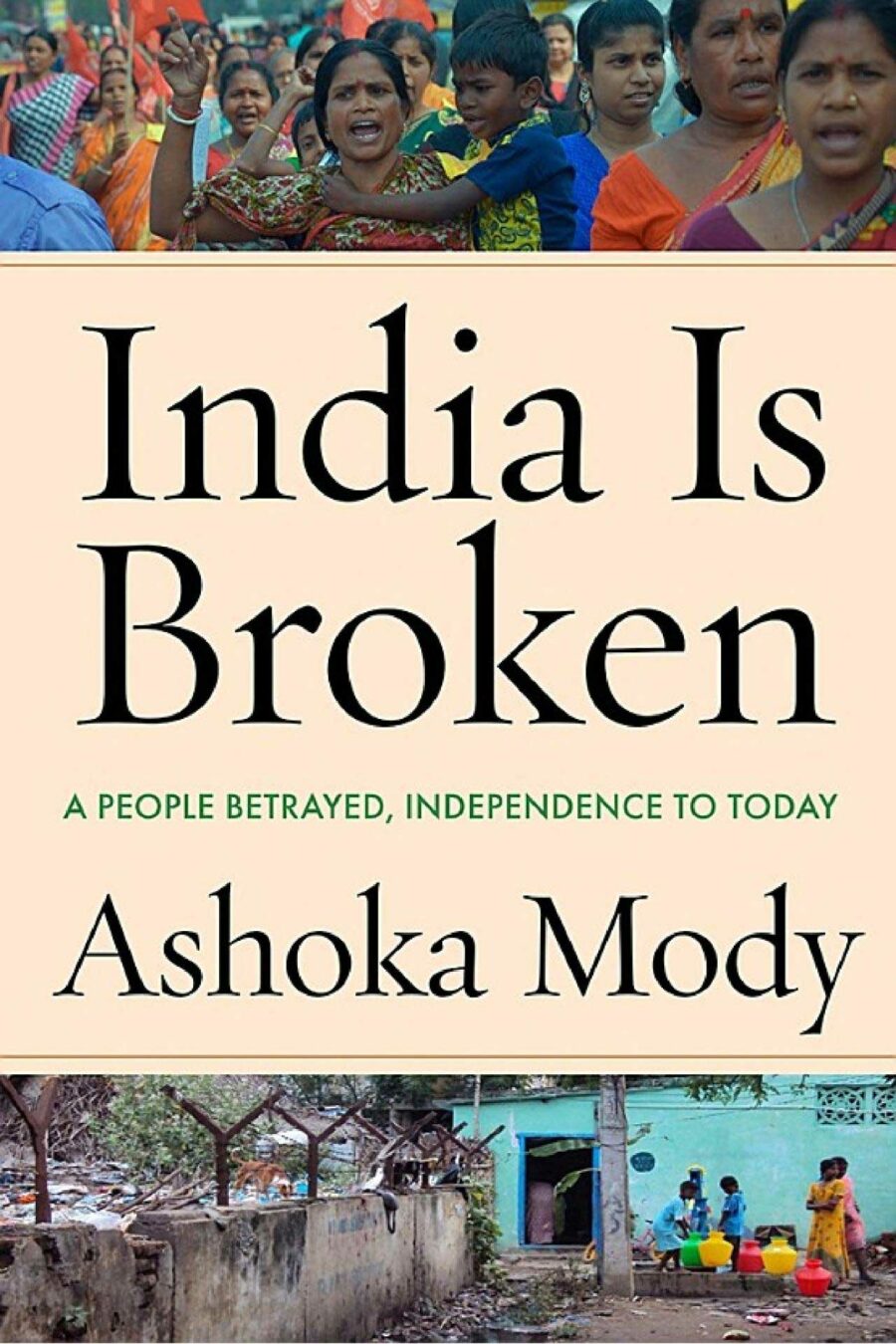
The title of this well-researched and analytical book suggests that India, the world’s largest electoral democracy—and its most populous country, in fact—is currently facing a deep economic and ethical crisis. This is what author Ashoka Mody, a visiting professor in international economic policy at Princeton University, contends.
Despite the fact that Ashoka Mody has worked for the World Bank and the International Monetary Fund, some commentators claim that he has the heart of a Marxist. If predicating better income distribution, a proactive induction of women into the work force, effective taxation, high-quality basic education for all, and true respect for the environment are considered strictly a Marxist goal, then there is truth to such claims.
In this 528-page book, Mody dispassionately traces India’s economic policies from Independence in 1947 to Narendra Modi’s current second term. He spares no politician or political party. As far as the author is concerned, Jawaharlal Nehru, India’s first Prime Minister, was a well-meaning dreamer who concentrated on high-tech industries but neglected basic education and labour-intensive production.
Mody has little regard for Nehru’s daughter, Indira Gandhi, who became an autocrat during the infamous Emergency and got herself assassinated by a Sikh extremist for having violated the sanctity of the Golden Temple with military troops. She was succeeded by her son Rajiv Gandhi, a reluctant prime minister who gave up his career as a commercial pilot to replace his mother until he himself was assassinated, for having interfered in the Tamil conflict in Sri Lanka. Rajiv’s younger brother also died a tragic death when he crashed his plane after performing aerobatics with blatant disregard for aviation regulations.
The author describes the succession of prime ministers—some of them lacklustre— who followed the Nehru-Gandhi dynasty, until the arrival of Narendra Modi. The last pages of this book are devoted to the extremely drastic steps taken by Modi when he demonetized the economy in an effort to control corruption, leaving the poorest sections of society bereft.
He also points out how Narendra Modi’s draconian COVID measures led to myriad deaths by starvation and exposure due to mass migrations between cities and villages without proper government forethought. Criticism is levelled as well at Modi’s penchant for building temples and favouring Hindus to the detriment of minority communities, thereby eroding India’s secular tradition, and his move to revoke the special status enjoyed by Kashmir after independence, downgrading it to two territories roughly based on religious demographics. Mody the author is very vocal in denouncing the deafening silence of Modi the prime minister, in the deadly religious riots that have shaken the country under his watch.
During India’s general elections, which will span a period of 44 days between April 19 and June 1, 2024, 960 million voters will decide whether controversial Prime Minister Narendra Modi will continue for a third term. International stakeholders will also have to decide how to relate to India.
I urge anyone interested in the fate of this wondrous country to read this very solid book. You will not feel overwhelmed by the plethora of facts and figures presented against a backdrop of Bollywood movies and songs. The author’s message resonates loud and clear: India might be broken, but it can certainly be mended if its citizens stop focusing on self-centred concerns.








